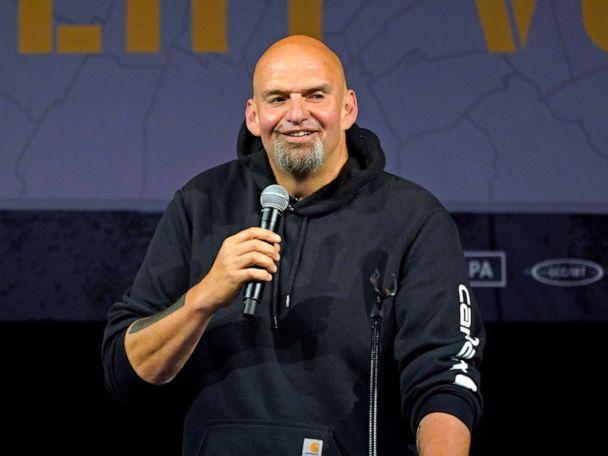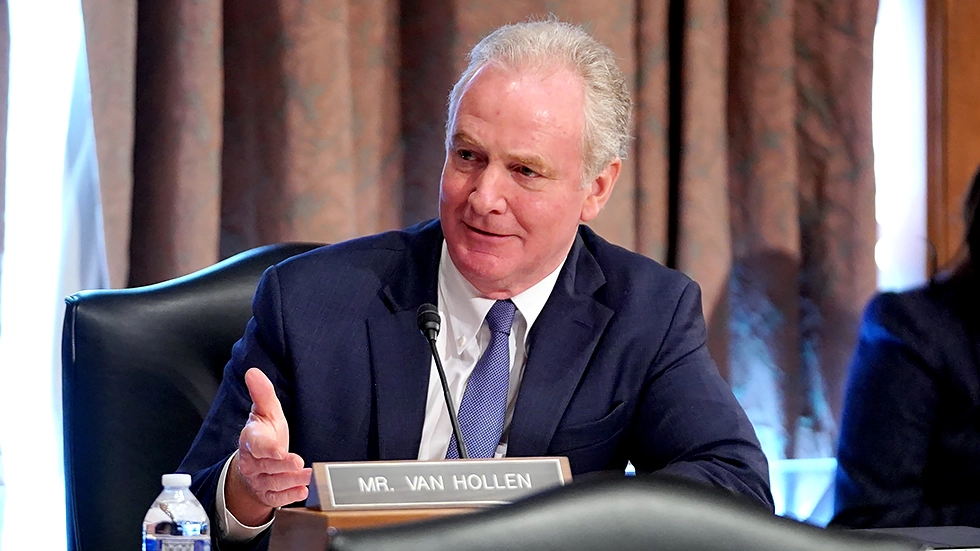When Julie Chin, a TV anchor in Tulsa, reported to work Saturday, she “felt great.” But she began stumbling over words during the broadcast and cut her segment short. “I’m sorry, something is going on with me this morning, and I apologize to everybody,” Julie, an Emmy-award-winning journalist and meteorologist at KJRH, said on air before handing off the newscast to her meteorologist colleague.
Her colleagues called 911, and doctors treated Julie for what they believed to be a partial stroke. The next day, Chin revealed on Facebook that doctors think she’d suffered “the beginnings of a stroke.” Nevertheless, Julie is recovering well and urging others to recognize the signs of stroke, like arm numbness.
Julie was fortunate to have been surrounded by colleagues who recognized her signs of stroke. A few urgent warning signs of a stroke are brief episodes of numbness, weakness, or vision loss. In addition, a transient ischemic attack (TIA), a “mini-stroke,” often precedes a more serious cardiovascular event.
Warning signs of a stroke include:
- Sudden, severe, otherwise unexplainable headache
- Sudden numbness or weakness in the face or limbs, often on only one side of the body
- Sudden speech difficulties (speaking or understanding)
- Sudden confusion
- Sudden vision problems
- Sudden dizziness or problems with balance, coordination, or walking
In addition to the fast-acting coworkers of Julie Chin, The United Brain Association would like to acknowledge the families and staff of Pennsylvania Lieutenant Governor John Fetterman and Maryland Senator Chris Van Hollen for their quick and decisive thinking when faced with medical emergencies.
52-year-old Pennsylvania Lieutenant Governor John Fetterman said he was hospitalized for not feeling well on May 12, 2022. He learned he suffered a stroke caused by a clot from his “heart being in an A-fib rhythm for too long.” “The amazing doctors here were able to quickly and completely remove the clot, reversing the stroke. They got my heart under control as well,” Mr. Fetterman shared. “It’s a good reminder to listen to your body and be aware of the signs.”

Senator Chris Van Hollen of Maryland announced late Sunday night that he was recovering from “a minor stroke” on May 15, 2022. Mr. Van Hollen, 63, said in a statement posted on Twitter that he had been admitted to George Washington University Hospital, which is in the District of Columbia, “after experiencing lightheadedness and acute neck pain” while delivering a speech. An angiogram showed that he had had a “minor stroke in the form of a small venous tear” at the back of his head.
But he said there would be “no long-term effects or damage.” Mr. Van Hollen said he would cut back on his schedule and remain under observation for the next few days out of an abundance of caution but returned to the Senate later that week.

The acronym FAST is a reminder to take stroke symptoms seriously. Each letter in the word stands for one of the things to watch for if a stroke is suspected:
- Face: Sudden weakness or drooping of the face or visual problems
- Arm: Sudden weakness or numbness of one or both arms
- Speech: Difficulty speaking or slurred speech
- Time: Time saves the brain. The sooner treatment begins, the better the chances are for recovery. Dial 9-1-1 to call an ambulance right away.
For additional information on stroke and stroke prevention, including the shingles vaccine, refer to the United Brain Association website. We share information about over 250 brain and mental health-related issues, including causes, diagnosis, treatment, and current research topics. In addition, our community members have shared stories about their experiences and those of their children, providing additional insight into health and well-being.
If you’d like to receive updates, news, scheduled events, or more information about our ongoing donor-funded research projects, sign up for our email newsletter by clicking here. Together we can find a cure for brain disorders and mental-health-related issues.
You Are Not Alone
For you or a loved one to be diagnosed with a brain or mental health-related illness or disorder is overwhelming, and leads to a quest for support and answers to important questions. UBA has built a safe, caring and compassionate community for you to share your journey, connect with others in similar situations, learn about breakthroughs, and to simply find comfort.

Make a Donation, Make a Difference
We have a close relationship with researchers working on an array of brain and mental health-related issues and disorders. We keep abreast with cutting-edge research projects and fund those with the greatest insight and promise. Please donate generously today; help make a difference for your loved ones, now and in their future.
The United Brain Association – No Mind Left Behind




